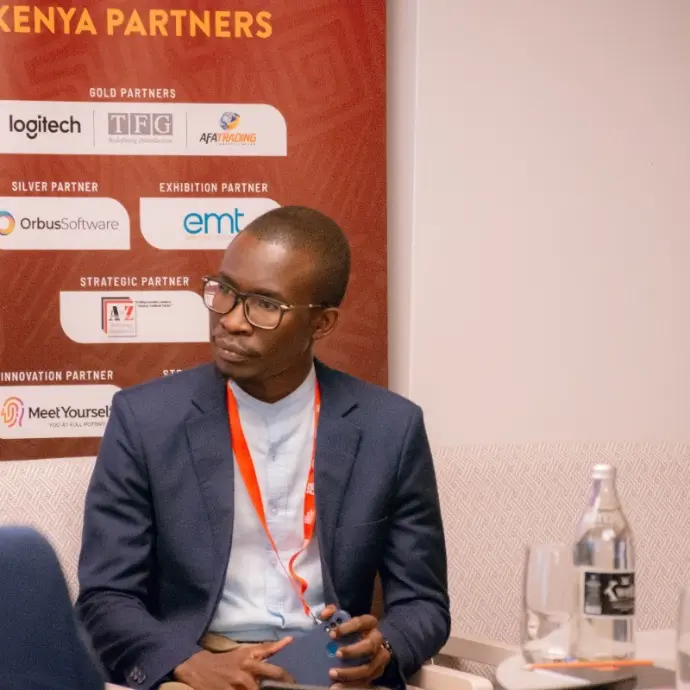As artificial intelligence, blockchain, and other emerging technologies continue to reshape global systems, the urgency for Africa to transition from technological dependency to digital self-determination has never been greater.
Historically, much of the continent’s engagement with technology has been reactive, integrating systems, platforms, and standards built elsewhere, often without contextual relevance or long-term strategic control. To build a sustainable and competitive digital economy, Africa must now pivot from passive adoption to proactive creation.
This shift will require deliberate investment in local infrastructure, homegrown innovation ecosystems, and policy frameworks that prioritize self-governance in the digital domain. The Strategic Imperative for African AI Labs Artificial Intelligence is quickly becoming the backbone of economic, political, and social systems worldwide.
However, most AI models are trained on datasets that exclude African languages, cultures, socio-economic realities, and governance structures. This lack of representation in the training phase leads to systemic bias in deployment, from facial recognition tools that misidentify African features to predictive models that misrepresent African behaviors.
Establishing African AI labs is no longer optional; it is strategic. These labs must be designed to:
- Prioritize indigenous languages and datasets.
- Embed cultural context into machine learning models.
- Focus on solving uniquely African problems (e.g., agriculture, health, informal markets). Such labs would not only improve the inclusivity of global AI systems but also give Africa the ability to set its own technological agenda.
The Role of Community-Led Data Ecosystems
Africa’s data is among the most underutilised assets on the continent. The current norm involves foreign institutions collecting local data for global research or commercial use, often without fair compensation, transparency, or shared governance. Africa must invest in community-led, sovereign data ecosystems that are:
- Owned and governed by local entities.
- Anchored in ethical data collection standards.
Designed to produce actionable insights for African economies, health systems, and policy development. Data sovereignty is foundational to innovation. Without ownership and control of data, Africa cannot meaningfully participate in shaping the future of technology.
Equity in Algorithmic Representation
Algorithmic bias is not hypothetical; it is already producing skewed outcomes in credit scoring, job recruitment, healthcare diagnostics, and legal systems globally. In many cases, these systems are being exported to Africa without adjustment for local dynamics. Africa must advocate for algorithmic accountability and transparency, ensuring that AI systems deployed on the continent reflect its diversity and complexity. This includes:
- Participating in global standards-setting bodies.
- Funding local research on bias and model governance.
- Requiring explainability and auditing mechanisms in AI products. Without intervention, Africa risks importing not just foreign code but embedded prejudice.
Redefining Partnerships: From Extraction to Co-Creation
The era of extractive digital partnerships, where African problems are solved with Western-designed tools, must come to an end. Moving forward, international collaborations must be equitable, transparent, and structured around co-creation, not dependency. This means:
- African firms leading product design and architecture.
- Transparent revenue-sharing agreements for local IP.
- Capacity building is built into technology transfer projects.
Only partnerships that acknowledge Africa as a peer, not just a market, will deliver long-term benefits.
A Paradigm Shift is Non-Negotiable
Africa's digital transformation must be led by Africans. The continent holds the world’s youngest population, rapidly growing mobile connectivity, and a vibrant innovation culture. What it lacks is not potential but control.
The path to true technological sovereignty lies in building foundational infrastructure and research capacity, securing ownership of data, insisting on algorithmic fairness, and forging collaborative, not extractive, global partnerships.
This is the paradigm shift Africa must now embrace, not as a continent lagging behind but as one defining its own digital destiny.
Author
